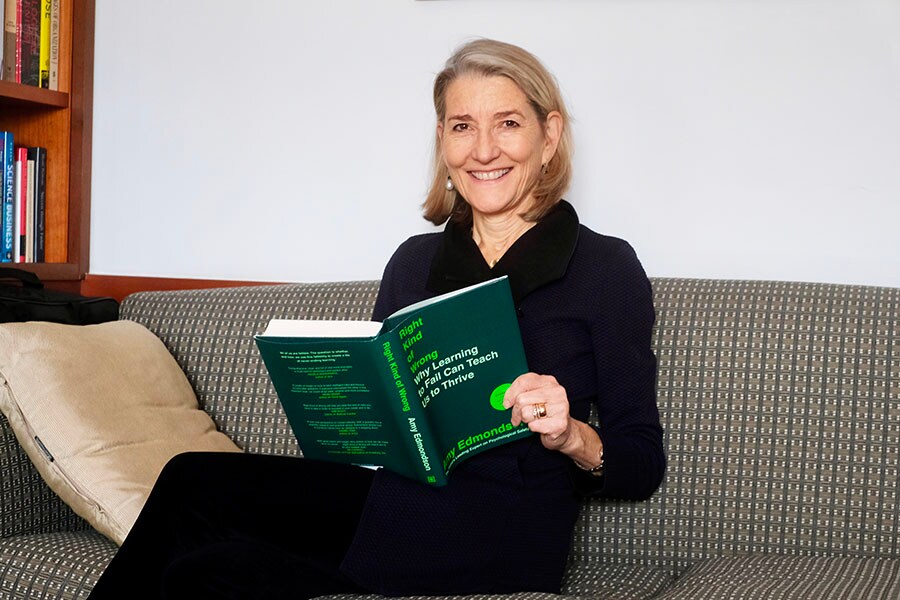
Intelligent failure is the right kind of wrong: Amy C Edmondson
In Right Kind of Wrong: Why Learning to Fail Can Teach Us to Thrive, Edmondson draws up a framework of failure types and shows us how to leverage the transformative potential of the good ones
 Amy C Edmondson, Novartis Professor of Leadership and Management at Harvard Business School.
Amy C Edmondson, Novartis Professor of Leadership and Management at Harvard Business School.
Amy C Edmondson is the Novartis Professor of Leadership and Management at Harvard Business School. She is also the author of Right Kind of Wrong: Why Learning to Fail can Teach us to Thrive and The Fearless Organization: Creating Psychological Safety in the Workplace for Learning, Innovation, and Growth. In an interview with Forbes India, she argues that the most successful cultures are those in which you can fail openly without the fear of your mistakes being held against you. Edited excerpts:
Q. Why is failure so hard to accept for most of us?
Failing well is hard for three reasons: Aversion, confusion, and fear. Aversion refers to our instinctive negative emotions in response to failure. Even though we know that we live in a complex world where things will go wrong even when we were trying hard to do well, and we know we should forgive ourselves (and others) when we fall short, we can’t help experiencing an immediate aversion to failure. It doesn’t help that many organisations are prone to blaming people for failure. Confusion has to do with the lack of a simple, practical framework for distinguishing the good failures from the preventable ones that we should indeed work hard to avoid. Fear is about the social stigma of failure. It’s simply human nature to hide failures when it’s clear that sharing them will bring punishment or disapproval.
In sum, our aversion to failure, confusion about failure types, and fear of rejection combine to make practicing the science of failing well more difficult than it needs to be.







